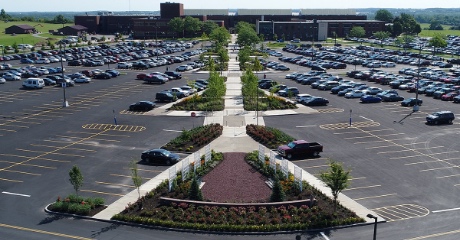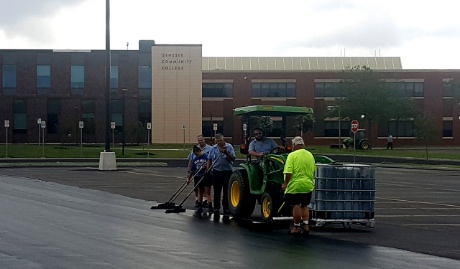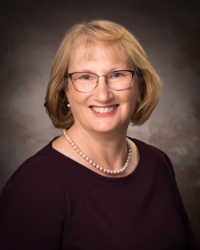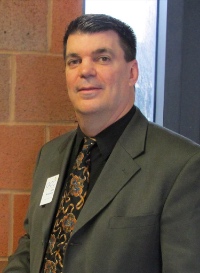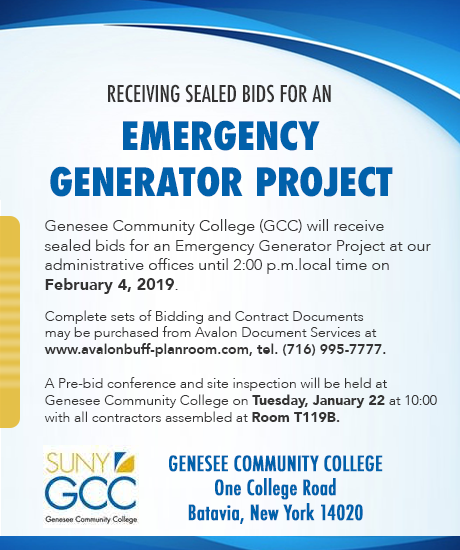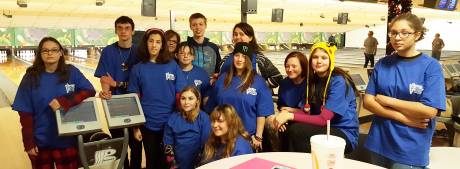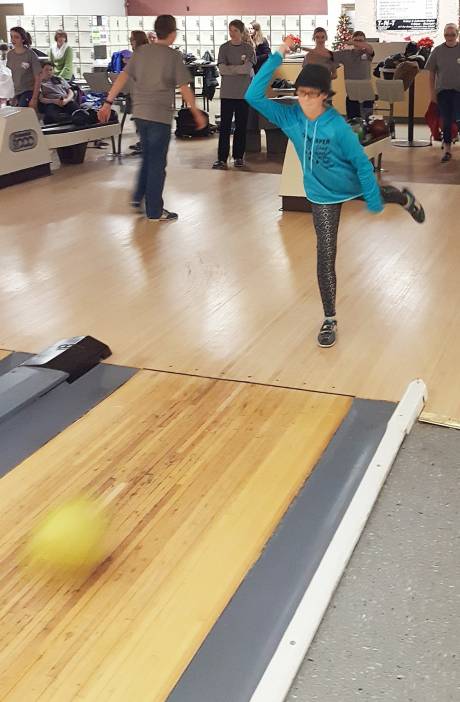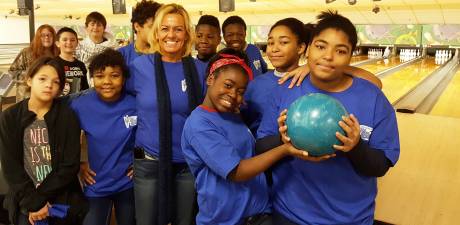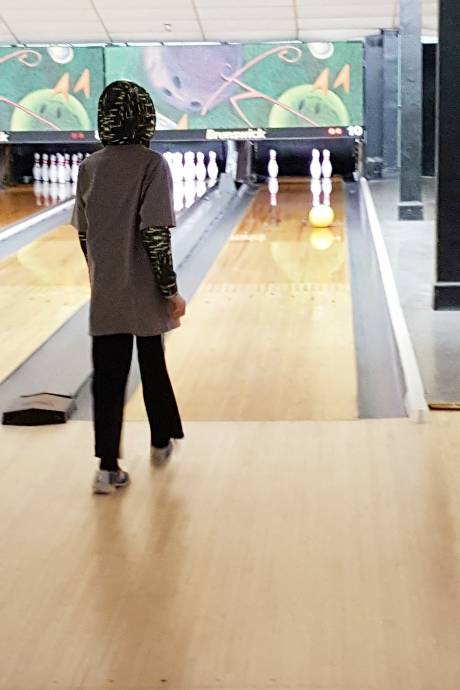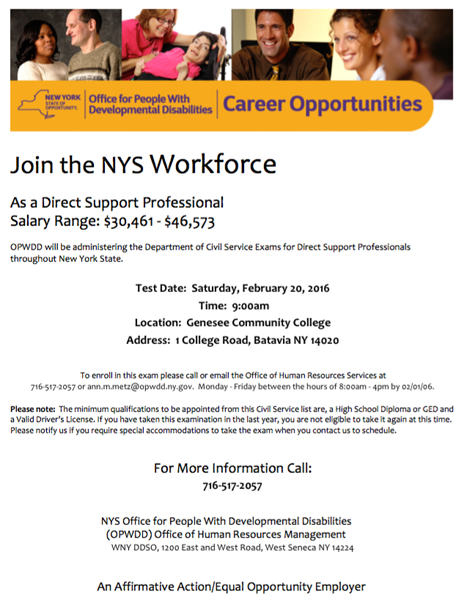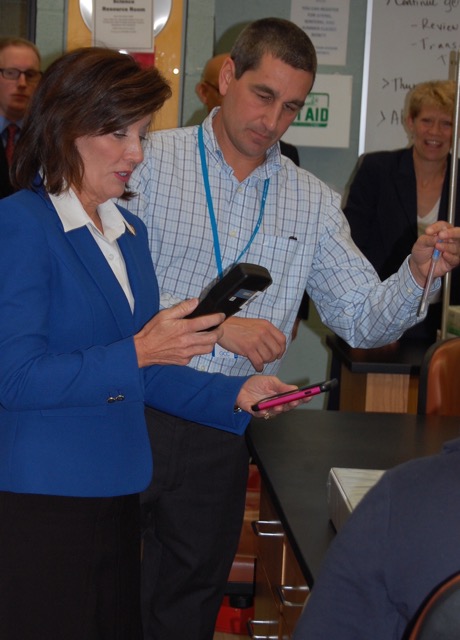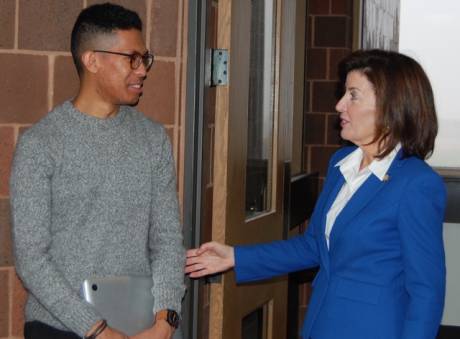GCC president: Drastic measures have been taken to achieve a realistic 2020-21 budget
Genesee Community College President James Sunser couldn’t have used a more appropriate word than “retrenchment” while sharing the financial plight of the two-year institution with the County Legislature’s Ways & Means Committee this afternoon.
Sunser and his staff were forced to implement large-scale retrenchment – the reduction of costs or spending in response to economic difficulty – to formulate a 2020-21 operating budget that takes into account an anticipated 30-percent reduction in aid from New York State.
And drafting a spending plan that compensates professors, teachers and staff while providing necessary student services will be a daunting task for quite some time, he said.
“Indications from the state are that these reductions should be planned for 2021-22 as well, so we’ll continue to work with bringing our budget into line,” Sunser said. “It is going to be, not surprisingly like it is for the county and all other groups, painful.”
Sunser emphasized that the dilemma isn’t due to “deficiencies on the part of the staff or the faculty … but, unfortunately, it is going to require some substantial changes in what is going on at the college.”
The college’s Board of Trustees approved a $38.1 million budget for the next fiscal year that starts on Sept. 1, and that’s about 8 percent less than the target of $41.6 million (the amount of the 2019-20 budget).
Furthermore, around $2 million from the college’s reserves was used to balance this year’s budget, which may take another state aid hit in the fourth quarter.
County's share is $2,636,374
Genesee County has budgeted $2,636,374 for the second straight year for its sponsorship of the college, action that is subject to a public hearing scheduled for 5:30 p.m. July 22 at the Old Courthouse. The Ways & Means Committee approved the date of the public hearing as well as the contribution.
Sunser said the county’s decision to not reduce its sponsorship is key to preventing further financial implications.
“We have had a number of conversations with the county about maintenance of effort,” he said. “Without maintenance of effort, it puts into play a number of additional considerations that SUNY (State University of New York) would impose on the college.”
Sunser said a multistep plan was put into place in order to “deal with the deficits coming from the state” and achieve the $38.1 million mark.
“Currently, the state is suggesting that next year’s budget for the college will include a 30-percent reduction in state aid. Obviously, when your operation is labor-intensive – we teach and we support students to get through their academic programs – you’re not going to be able to go through that without having some type of adjustments made,” he explained.
He outlined some of the cost-cutting measures:
-- Freezes of travel and training;
-- Deferral of capital projects, other than critical maintenance issues;
-- Deferrals of a printer purchase replacement, office supplies, contractual services, facility improvements;
-- Freeze on hiring of adjunct professors.
Salaries to be Frozen in 2020-21
He also indicated that to close an additional $2 million budget gap during the course of the 2020-21 fiscal year, significant cuts in salaries and positions have to be realized.
“We have looked at instituting management confidential pay freezes. We have two collective bargaining units on the campus – one is our combined faculty/administrative group and the other is our CSEA group,” he said. “We negotiated with both of those groups to take pay freezes so everybody will be on a pay freeze for the 2020-21 year – and that was approved by both unions.”
Beyond that, management negotiated with the faculty/administration union to give notice to employees who are going to be retrenched (or laid off). Sunser said the union approved a period of Oct. 31-Dec. 31 for retrenchments, and that will result in savings of eight months’ worth of potential salaries.
He also said a process of involuntary retrenchments to close the rest of the gap has begun, with notifications going out to the Civil Service group by July 1 with a July 31 retrenchment, and by Oct. 31 with a Dec. 31 retrenchment for the unionized faculty/administration group.
Employee retrenchment is a cost-cutting tool for businesses or organization to use in times of economic hardship – a form of dismissal due to no fault of workers. Retrenched employees are eligible for compensation along the lines of severance pay, money equal to annual leave or time off, and notice pay, and also may file for unemployment insurance.
There’s more, Sunser said, as the Board of Trustees approved a voluntary retirement incentive beyond stipulations in existing contracts with the unions.
“Through that retirement incentive we have realized 23 voluntary retirements,” he said. “Those are going to be occurring as of July 31, so that will help close that gap (in state aid) that we’re anticipating in the last month of the current year."
Programs of study are under review as well, and some may be discontinued.
“We’re talking about a 41 and a half million dollar budget that’s going to be about five million dollars less by the end of next year,” he said, “and there’s no way of doing that without involuntary retrenchments, which is unfortunate, but that where we find ourselves.”
College Tuition is Increasing
Donna Ferry, a member of the Board of Trustees, reported that tuition has been increased (to $4,550 for New York State residents) for 2020-21, but “GCC still is the second lowest in the state across the board as far as tuition (for two-year colleges).”
She also said that the present uncertainty could result in lower enrollment next year, but “the team is working really hard to get those numbers up.” Enrollment (full- and part-time) as of the Fall 2019 semester was 5,324.
Legislators Gary Maha and Rochelle Stein commended Sunser and his staff for going through the unpleasant process, with the former placing the blame squarely on Gov. Andrew Cuomo.
“It is nobody’s fault but Albany’s fault, in my opinion,” Maha said. “It’s the governor’s indiscriminate spending. He’s something like $13 million in debt and we all have to suffer.”
Stein said the college’s budget process was “thoughtful, transparent and clear,” and pointed out that the “communications piece of this is very critical to our community, to your staff, to your teachers, to your professors, to the support staff and to our partners in our other counties.”
Sunser thanked the collective bargaining groups for their concessions, attributing that to a “level of trust” during negotiations.
“We had very candid conversations about … how many more people that might not be able to be at the college and they stepped up, I believe, as responsible leaders and advocated with the bargaining unit groups to go ahead and approve these things -- especially the notification claims,” he said.


